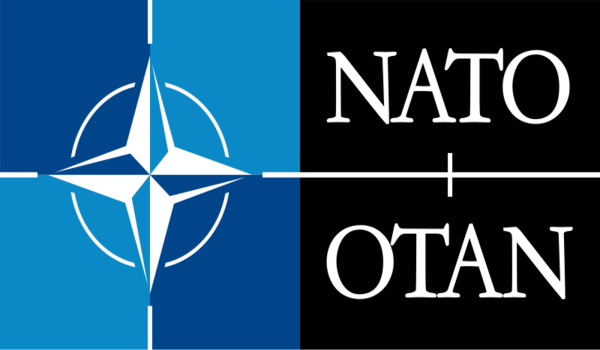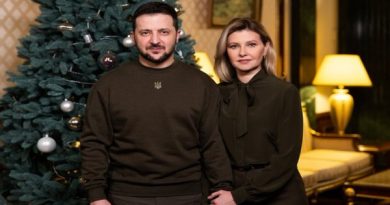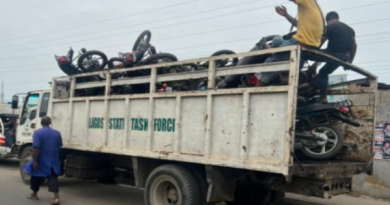Russian military build-up near Ukraine is ‘unprovoked and unexplained’: NATO chief
NATO foreign ministers on Tuesday called on Russia to de-escalate, warning they stand in solidarity with Ukraine.
Speaking from Riga, Latvia, where NATO foreign ministers have gathered for a summit, Secretary-General Jens Stoltenberg said that the build-up of Russian troops and military equipment near the Ukrainian border “is unprovoked and unexplained.”
“We see Russian military build-up, we see heavy armour, we see drones and combat-ready troops.”
“Russia needs to be transparent, and they need to reduce tensions, and de-escalate,” he added.
He stressed that although Ukraine is not a NATO ally — and therefore does not fall under Article 5 for Collective Defense — it is “a highly valued partner”.
“We provide support, political, practical support. Allies provide training, capacity building, equipment, and I am absolutely certain that allies will recommit and reconfirm their strong support to Ukraine also during the meeting today,” he said.
Kyiv meanwhile told Euronews that the situation along its border and the migrant crisis between Belarus and the EU are “absolutely connected” and that Russia plays a part.
Kyiv aware of a coup plot involving Russians, claims Ukraine’s president
Ahead of the NATO meeting, US Secretary of State Antony Blinken said Washington is “very concerned about the movements we’ve seen along Ukraine’s border. We know that Russia often combines those efforts with internal efforts to destabilise a country. That’s part of the playbook, and we’re looking at it very closely.”
“Any renewed aggression would trigger serious consequences,” Blinken warned ahead of talks in Riga, Latvia, with his counterparts in the 30-country military organisation.
The United States has shared intelligence with European allies warning of a possible invasion of Ukraine. European diplomats acknowledge the Russian troop movements, but some countries have played down the threat of any imminent invasion ordered by Moscow.
German Foreign Minister Heiko Maas said the NATO ministers will “together send an unmistakable message to the Russian government: NATO’s support for Ukraine is unbroken and its independence, territorial integrity and sovereignty are not up for discussion.”
“Russia would have to pay a high price for any form of aggression,” Maas said. “Honest and sustainable de-escalation steps, which can only go via the route of talks, are all the more important now. I will not tire of stressing that the door to such talks is still open to Russia.”
Russia annexed Ukraine’s Crimean Peninsula in 2014 after the country’s Moscow-friendly president was driven from power by mass protests. Weeks later, Russia threw its weight behind a separatist insurgency that broke out in Ukraine’s east. Moscow says that Russians who joined the separatists were volunteers.
The conflict in the Donbas region has killed more than 14,000 people and episodic bouts of fighting continue despite a 2015 peace agreement brokered by France and Germany.
Ukrainian President Volodymyr Zelenskyy said last week that his country’s intelligence service had uncovered plans for a Russia-backed coup d’état. Russia denied the allegation and rejected the assertion that it is planning to invade Ukraine.
AP




